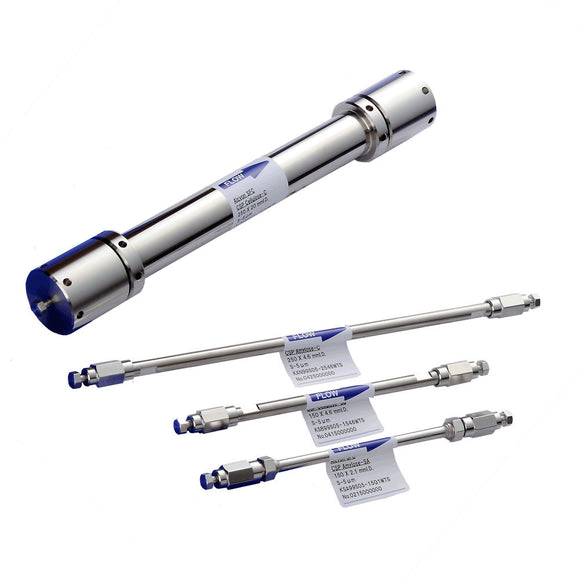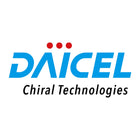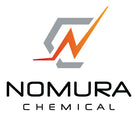Selectivity and Separation for Isomers
Compared to classical C18 stationary phases, YMC Carotenoid C30 is much more hydrophobic. Even when pure organic eluents are applied, many sample solutes are retained. The YMC Carotenoid C30 stationary phase provides sufficient phase thickness to enhance interaction with long chain molecules; therefore, geometric and positional isomers of conjugated double-bonding systems are recognized and resolved. The C30 resolving power for isomers can be verified by the separation of carotenoids, which has been the subject of considerable research efforts in the past. Carotenoids are found in a variety of natural sources including fruits and vegetables. In addition, carotenoids are considered as potential drugs for cancer intervention and/or prevention. Despite the complexity of carotenoid extracts and the minor shape differences between carotenoid isomers, the separation, identification, and quantitation of these compounds can be achieved using YMC Carotenoid C30 columns.
The separation of geometric and positional isomers is a challenging task in reversed-phase chromatography. Subtle molecular differences have to be recognized and resolved by the particular stationary phase being used. Polymeric C30 HPLC stationary phases such as YMC Carotenoid are able to discriminate isomeric structures of long chain molecules.
- C30 chain stationary phase
- Very lipophilic
- Exceptional selectivity pattern
- Isomer recognition
- Polar carotenes
- Polar and nonpolar xanthophylls
- Steroids
- Retinols
- Fat-soluble vitamins
- LC-MS applicable
Product title
Vendor
|
Product title
Vendor
|
Product title
Vendor
|
Product title
Vendor






